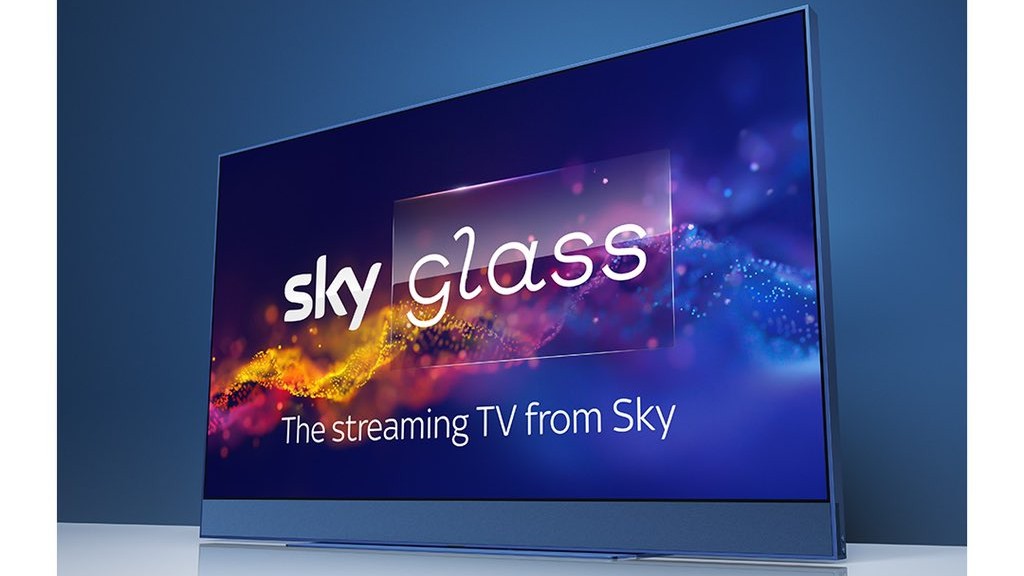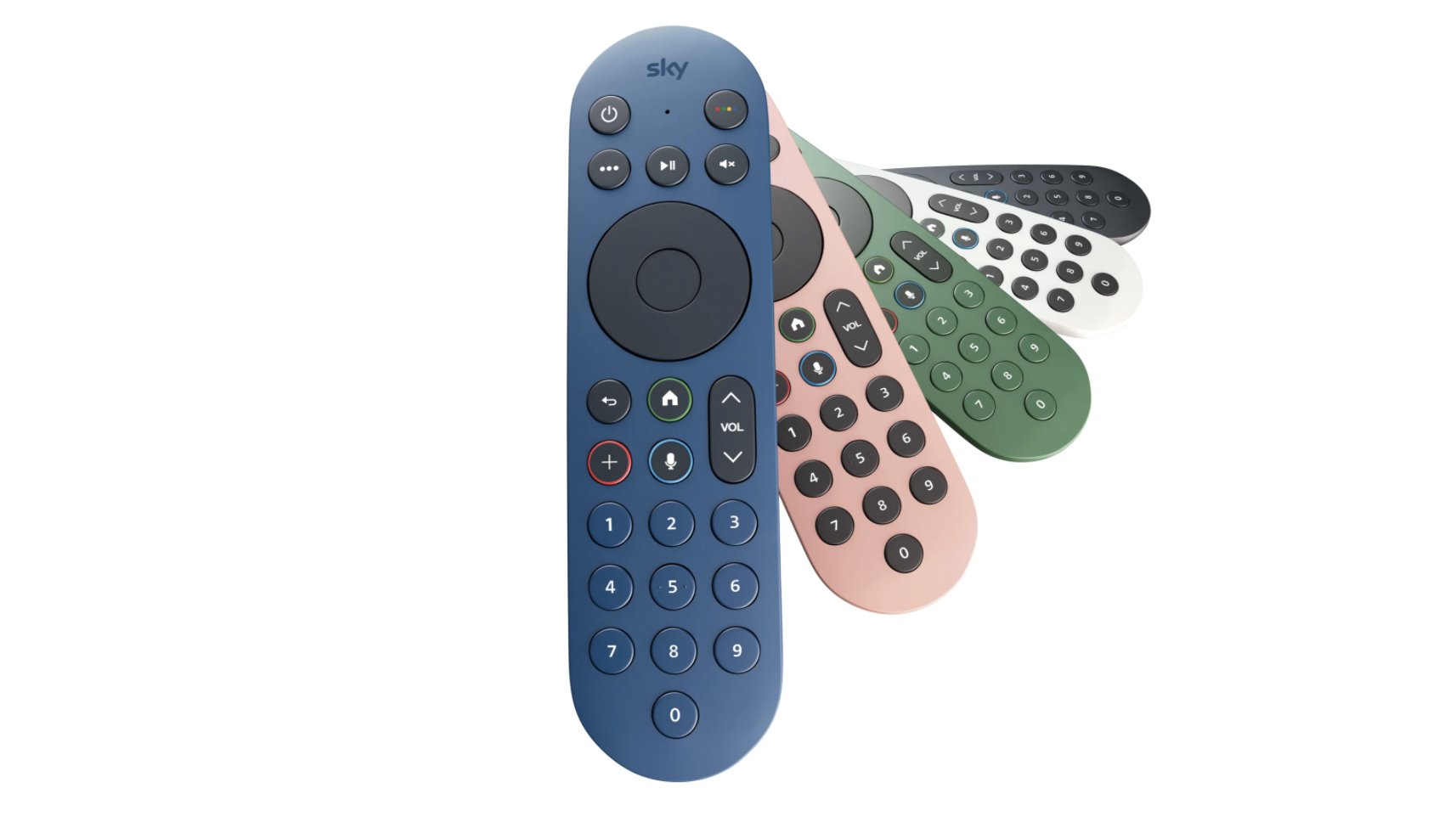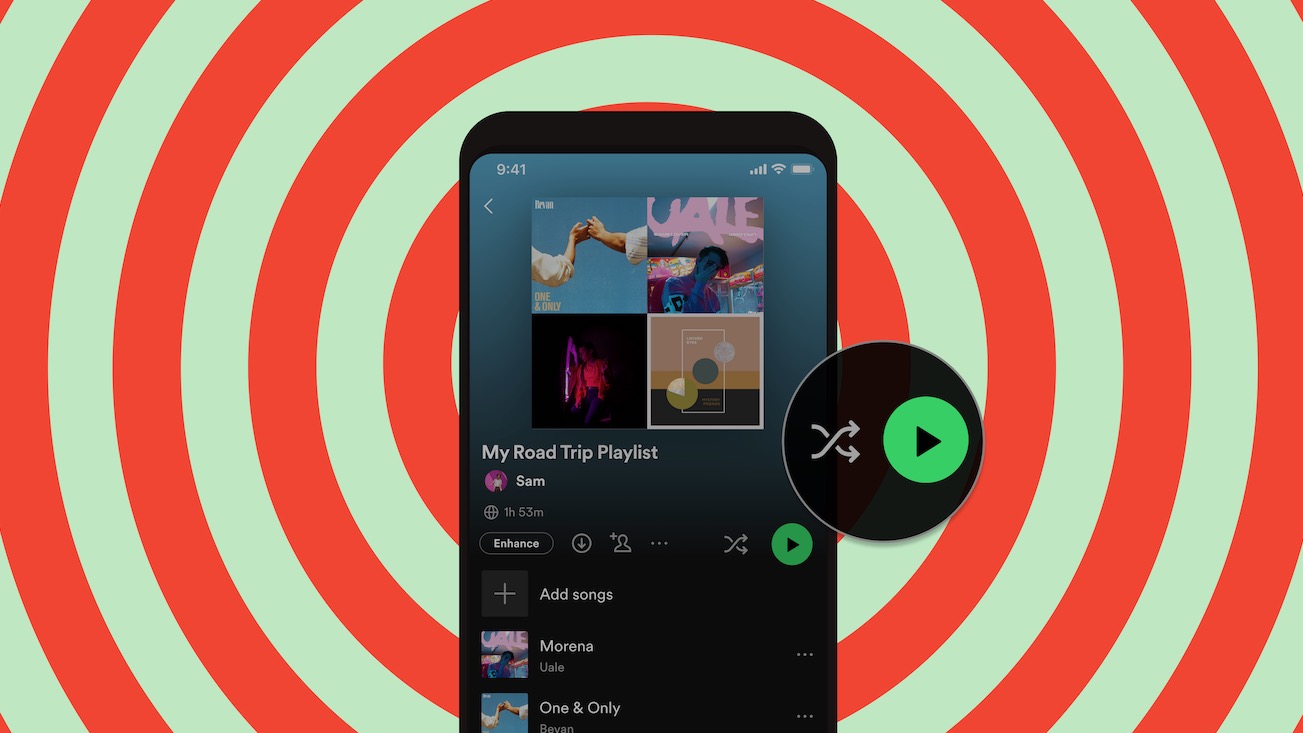Sky Glass TV confirmed with built-in Sky, 4K HDR and Dolby Atmos – no box, no dish necessary
Bringing Sky to homes over broadband in 43-, 55- and 65-inch TV sizes

Sky has announced its first-ever TV, Sky Glass.
The "streaming TV from Sky" brings the Sky Q service to homes over broadband – Sky Glass works over wi-fi, meaning no set-top box or dish is required. It's the only TV integrated with Sky, and the first step in Sky's promise to move its TV service from satellite to broadband.
The TV comes in three sizes – 43-inch (£649), 55-inch (£849) and 65-inch (£1049). Sky refers to this line-up as 'Small', 'Medium' and 'Large'.
Sky Glass has built-in Dolby Atmos – not surprising considering the wealth of Atmos content on the Sky service. The six speakers framing the TV are located at the side, centre and top of the telly to achieve the surround sound's immersive effect. The 4K and (10-bit) HDR Quantum Dot panel supports Dolby Vision HDR – again, so that owners can benefit from the increasing amount of premium content on the service.
Available in five colours (blue, green, pink, white and black), the Sky Glass TV will be available in the UK from 18th October, followed by more markets in 2022.

The Sky Glass TV can be alternatively purchased for £13 (43-inch), £17 (55-inch) or £21 (65-inch) per month over a 48-month period (or for a higher monthly price over a shorter contract). The Sky Ultimate TV Package – which includes Sky Entertainment and Netflix but not Sky Sports or Cinema – costs an additional £26 per month. That means the 43-inch TV and Sky's ultimate package together costs a minimum of £39 per month. Considering the TV's specification, we would hope that subscription cost includes 4K viewing too...
For an extra £10 per month, you can get a Puck for adding the Sky Glass interface to other TVs in your room as part of Sky Whole Home. And, Sky will introduce an exchange program that lets you "regularly" swap out the TV for the newer model, too.
Get the What Hi-Fi? Newsletter
The latest hi-fi, home cinema and tech news, reviews, buying advice and deals, direct to your inbox.
Delivery in the UK is free, and Sky will unbox the TV and make sure it's "ready to go in 10 minutes from being plugged in". It will even take the packaging away and recycle it. Sky's TV is the first set to be certified carbon neutral due to its integration and lack of extra cables and hardware, and the company claims it requires 50 per cent less energy than a typical TV and soundbar set-up.
MORE:
Read our Sky Q review
The What Hi-Fi? Awards 2021 winners have been revealed!
16 of the best Dolby Atmos movie scenes to test your home cinema sound
The best 4K movies and TV shows to watch and where to watch them
Becky is the managing editor of What Hi-Fi? and, since her recent move to Melbourne, also the editor of the brand's sister magazines Down Under – Australian Hi-Fi and Audio Esoterica. During her 11+ years in the hi-fi industry, she has reviewed all manner of audio gear, from budget amplifiers to high-end speakers, and particularly specialises in headphones and head-fi devices. In her spare time, Becky can often be found running, watching Liverpool FC and horror movies, and hunting for gluten-free cake.
-
Alan Carmody Interesting but what we are really waiting for is a set-top box that provides SkyQ to our existing TV's via broadband please. 🙏Reply -
lostwelshman Reply
Totally agree, I was waiting for a box, similar to Apple TV, that gave you the same GUI and controller as the sky Q box but simply connected to channels over the internet. I feel like this tv, although impressive and a clever idea with the integration and sound bar, is too late to the race as most people have now committed to a new 4K hdr tv so will not be willing to move to this new glass service.Alan Carmody said:Interesting but what we are really waiting for is a set-top box that provides SkyQ to our existing TV's via broadband please. 🙏 -
ddaye01 Just wondered if there's any information yet as to the manufacturer of Sky Glass TV's? Also, if my memory is correct, I believe that Sky used to sell SKY-branded flat screen TV's in the early 2000's?!Reply -
Growbags I wonder if this will work for people in Hull who only have the choice of 1 ISP with KCOM. NO BT/SKy BB or Virgin thereReply -
Hifiman Replygel said:Who wants a Sky TV! :(
At least I have Now TV on my LG OLED! :)
Exactly. After all the pre-launch hype this is really disappointing. These look like (likely) overpriced televisions which tie you to using Sky for 4 years. No haggling for you. If you wish to receive Sky via the internet then why not just use Now using your existing television and dip in and out of it according to when sufficient new content becomes available. -
Reply
Yep. (y)Hifiman said:Exactly. After all the pre-launch hype this is really disappointing. These look like (likely) overpriced televisions which tie you to using Sky for 4 years. No haggling for you. If you wish to receive Sky via the internet then why not just use Now using your existing television and dip in and out of it according to when sufficient new content becomes available. -
DREADZONE Reply
I imagine "the same GUI and controller as the sky Q box but simply connected to channels over the internet" concept would mean having to put up with the same clunky fast forward / rewind options that streaming has . . . or were you thinking we could download via the internet and then watch progs with full Sky Q functionality? - in effect streaming via Sky Q! . . . now that would be fun!lostwelshman said:Totally agree, I was waiting for a box, similar to Apple TV, that gave you the same GUI and controller as the sky Q box but simply connected to channels over the internet. I feel like this tv, although impressive and a clever idea with the integration and sound bar, is too late to the race as most people have now committed to a new 4K hdr tv so will not be willing to move to this new glass service. -
jjbomber Reply
Nope. You can buy the TVs for £649, £849 and £1049. No need to subscribe at all.sjmleicester said:Sky yet again determined to tie you into an expensive subscription

